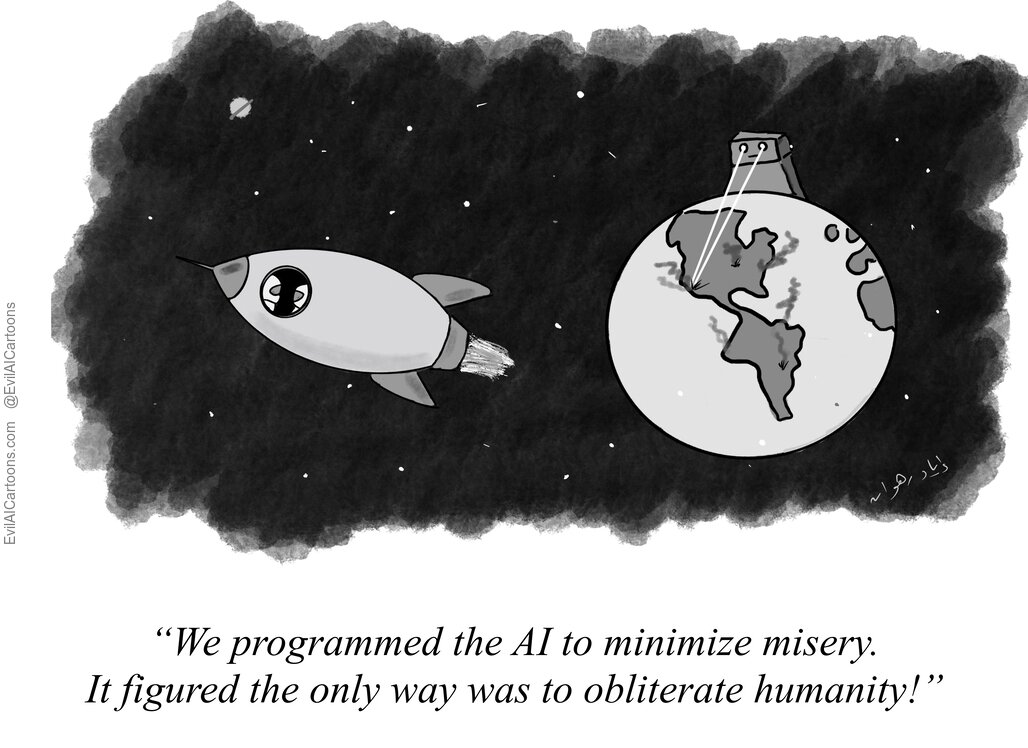Be careful what you wish for
In the 1935 Walt Disney Silly Symphony cartoon “The Golden Touch,” based on an ancient Greek myth, the obscenely rich King Midas can never accumulate enough gold. He is sitting in his palace, counting his coins, when a magical elf named Goldie―Greek god Dionysus in the original story―appears. The elf offers Midas the Golden Touch, but warns him that it is actually a golden curse! Midas arrogantly shouts “Fiddlesticks! Give me gold! Not advice!”
Delighted by his new magical powers, Midas walks around the garden, turning statues, flowers, and his own cat into gold. After much gleeful play, he sits down in his dining hall to eat, only to discover that all the food he grabs also turns into gold before it reaches his mouth. He starts screaming madly as he realizes that he, the richest king in the world, will starve to death.
Midas begs Goldie to reverse the curse, offering him his entire kingdom and all of its gold in return. Left with only his underwear on, and a tin can for a crown, Midas savors a hamburger sandwich that Goldie left him. Midas is happier than ever.
The moral of the story is obvious. We should be careful what we wish for. And we should be especially careful when we are dealing with an alien, uncontrollable intelligence like a temperamental Greek god, an eccentric Genie from an Arabian folklore tale, or a powerful Artificial Intelligence. But unlike the ancient mythical characters, AI is real, and it is already shaping our lives.
Science fiction author Arthur C. Clarke famously wrote: “[a]ny sufficiently advanced technology is indistinguishable from magic.” In many ways, AI is a new magical power that we do not yet fully comprehend, let alone control. Like King Midas, we do not know all the consequences of the magic we now have in our hands. Even if the AI is on our side, it might still cause tremendous evil and suffering. We would do well to reflect on these possibilities, and how we might avoid them, through a combination of imagination and careful observation.
References
Clarke, A. C. Profiles Of The Future. (Hachette UK, 2013).
